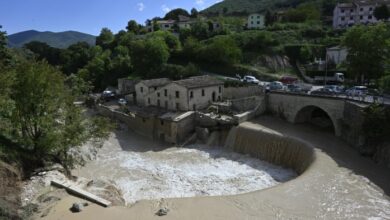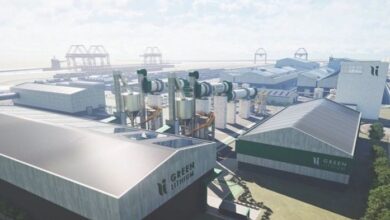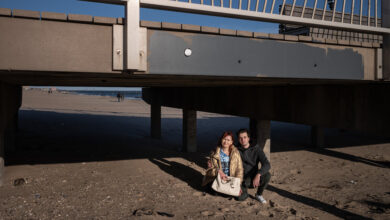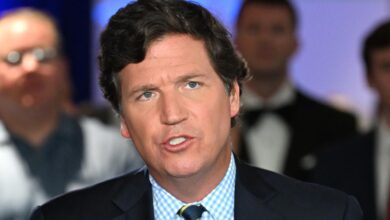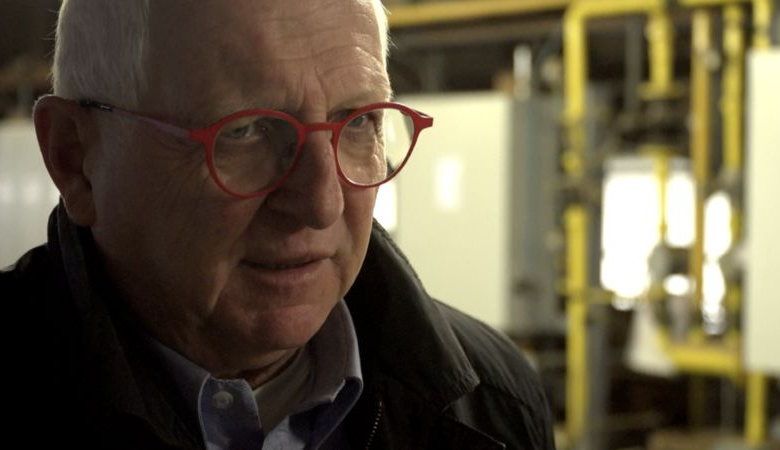
Germany Hopes to Outrace a Russian Gas Cutoff and Bone Cold Winter
Germany Hopes to Outrace a Russian Gas Cutoff and Bone Cold Winter. The specter of a frigid winter looms over Europe as Russia’s war in Ukraine casts a long shadow on the continent’s energy security. Germany, historically heavily reliant on Russian natural gas, finds itself in a precarious position, scrambling to diversify its energy sources and avert a potential energy crisis.
The implications of a complete Russian gas cutoff are far-reaching, threatening to cripple industries, disrupt households, and send shockwaves through the global energy market.
The stakes are high, and the pressure is mounting. Germany is racing against time to secure alternative energy sources, bolster its energy infrastructure, and brace for the possibility of a “bone cold winter” without Russian gas. The success of these efforts will not only determine the fate of Germany’s economy but also shape the future of Europe’s energy landscape.
Germany’s Energy Dependence on Russia
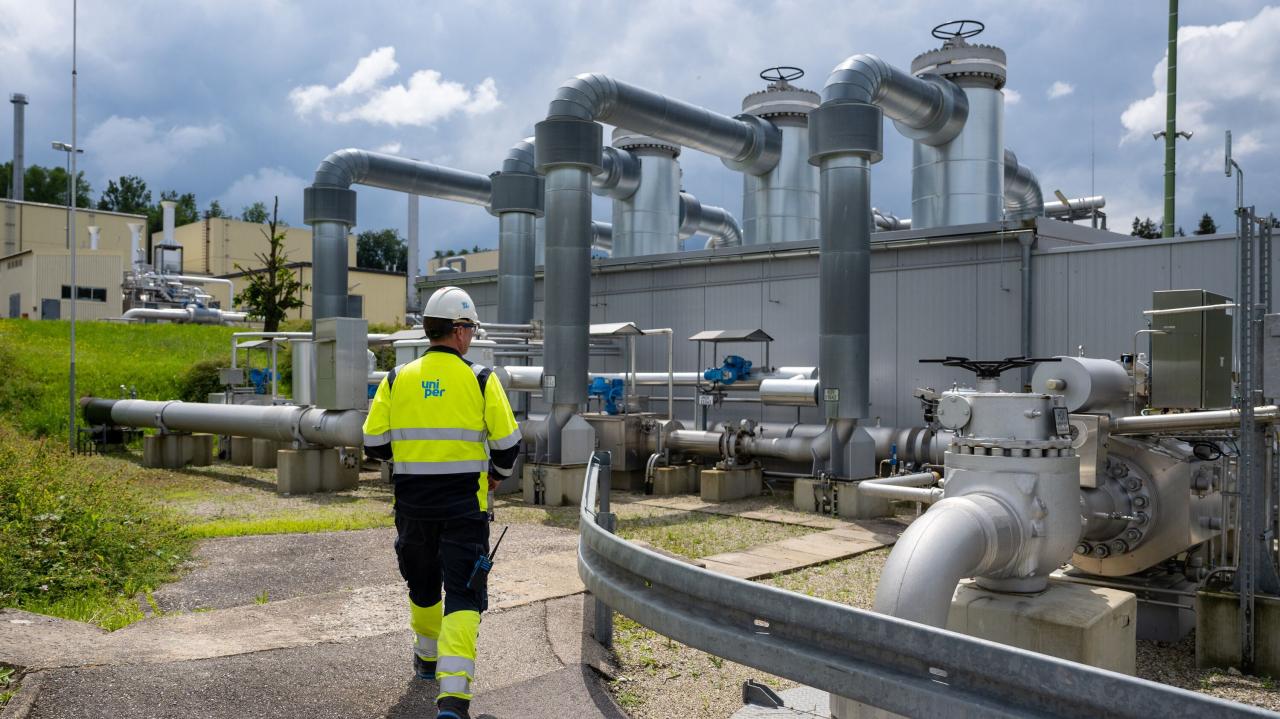
Germany’s reliance on Russian natural gas has been a long-standing issue, rooted in historical, economic, and political factors. This dependence has become a major concern in recent years, particularly due to the ongoing geopolitical tensions between Russia and the West.
Historical Context
Germany’s reliance on Russian gas has its roots in the Cold War era. Following the Second World War, Germany was divided into two separate nations: West Germany, aligned with the West, and East Germany, aligned with the Soviet Union. The Soviet Union, in its efforts to exert influence over East Germany, supplied the country with cheap natural gas.
This arrangement continued even after the fall of the Berlin Wall and the reunification of Germany in 1990.
Economic Factors
Several economic factors contributed to Germany’s reliance on Russian gas. Russia possesses vast natural gas reserves, making it a major energy exporter. Germany, on the other hand, is a major industrial power with a high demand for energy. Russian gas was cheaper than other sources of energy, making it an attractive option for German businesses and consumers.
Additionally, Germany’s energy infrastructure was built around Russian gas pipelines, making it difficult to switch to alternative sources.
Political Factors
Political factors also played a role in Germany’s dependence on Russian gas. Germany’s post-war policy of “Ostpolitik,” aimed at improving relations with the Soviet Union and Eastern Europe, led to increased economic cooperation, including energy trade. This policy was seen as a way to ensure stability in the region and prevent future conflicts.
Additionally, Germany’s dependence on Russian gas gave Russia leverage over German foreign policy.
Statistics, Germany hopes to outrace a russian gas cutoff and bone cold winter
Russia has been a significant supplier of natural gas to Germany for many years. In 2021, Russia supplied approximately 55% of Germany’s natural gas needs. This dependence has been a source of concern for Germany, as it makes the country vulnerable to disruptions in Russian gas supplies.
Closing Notes: Germany Hopes To Outrace A Russian Gas Cutoff And Bone Cold Winter
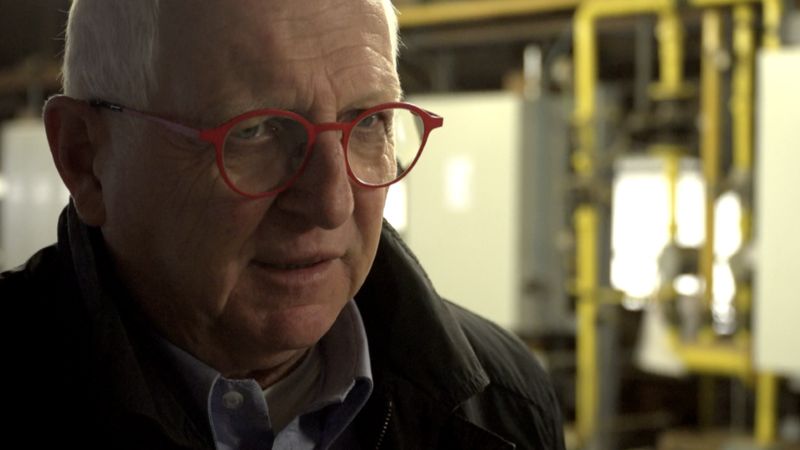
The situation in Germany highlights the complex interplay of geopolitics, economics, and energy security. As the world watches, Germany’s race against time to secure its energy future will have profound implications for Europe and beyond. The outcome of this struggle will shape the continent’s energy landscape for years to come, demonstrating the crucial need for diversification, innovation, and a more sustainable energy future.
Germany’s race against time to secure alternative energy sources before a potential Russian gas cutoff and bone-chilling winter is a complex challenge. While navigating these turbulent waters, it’s crucial to remember that despite divisions, a clear mathematical framework for energy planning must be a north star, as experts like those at blognewstweets.com emphasize.
This framework can help Germany make informed decisions and ensure a sustainable energy future, even in the face of uncertainty and geopolitical tensions.
Germany’s race against time to secure alternative energy sources before winter is a story of resilience, but also a reminder of the fragility of our interconnected world. It’s a situation that begs the question: how much freedom of speech is truly essential for democracy, and at what point does it become a tool for manipulation and division?
This is a debate that has been raging for centuries, and the answer, as explored in this fascinating article free speech is essential for democracy could it also be democracys downfall , is complex and nuanced. Ultimately, Germany’s energy crisis highlights the importance of both robust democratic processes and a nuanced understanding of the power of free speech in a globalized world.
Germany’s race against time to secure alternative energy sources before a potential Russian gas cutoff and a bone-chilling winter is a major concern. Meanwhile, on the other side of the world, tensions are rising as the Pentagon plans for a possible Pelosi trip to Taiwan , adding another layer of geopolitical complexity.
With these global challenges, it’s clear that the world is facing a period of uncertainty and volatility, and it’s crucial for nations to work together to find solutions.


